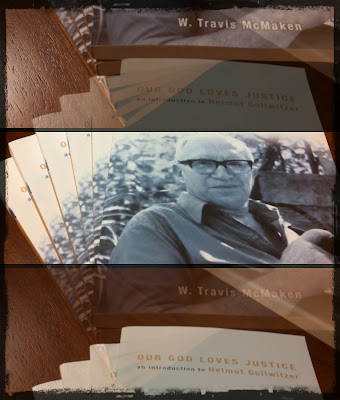Looking Back to See Ahead: An Advent Reflection
Domenico di Pace Beccafumi [Public domain], via Wikimedia Commons Advent is a time for looking back at what God has done, for reliving the experience of God’s people waiting for God’s salvation to come (as it did in the birth of Jesus). But Advent is also a time for looking ahead, for leaning into our own experience of waiting and longing for God’s salvation to come again in our own time. Strangely, we actually look back in order to see ahead. This is because the bright future that God has is store for us, and that we look forward to in hope, has actually broken in right in the middle of history, establishing itself before its time, in a barn one night in Bethlehem. This is the mystery of Christmas. It is established. God’s salvation has come. We are God’s beloved children now —free from sin and suffering, free for God and for others. In Christ, our world is reconciled to God and at peace. This means that (in spite of what others or even we ourselves might think) our sins and fa...



